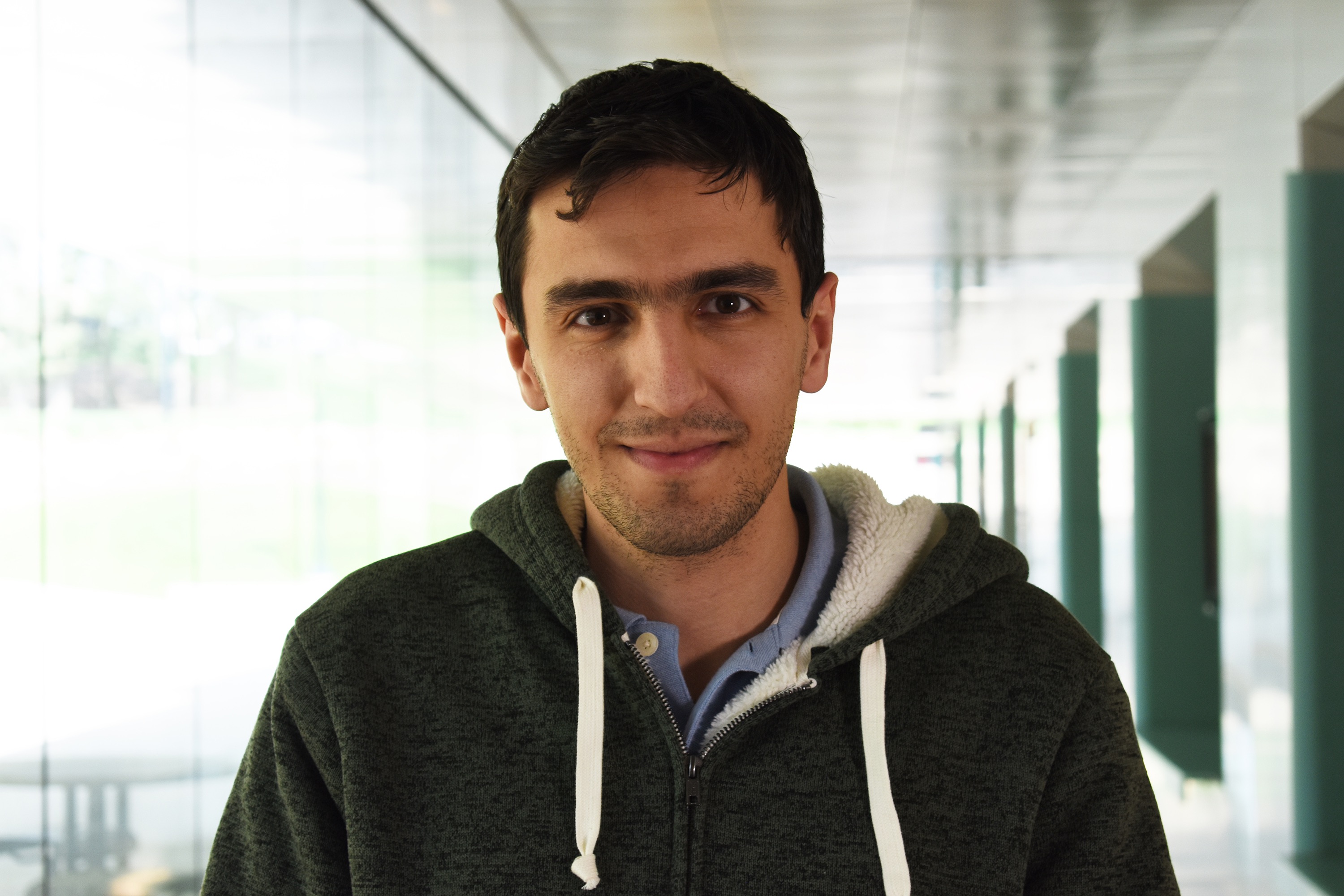Mehrdad Moharrami aims to advance our understanding of the world with better mathematical models
For his creative, ambitious, and impactful dissertation, PhD student Mehrdad Moharrami receives the Rackham Predoctoral Fellowship.

 Enlarge
Enlarge
This year, PhD candidate Mehrdad Moharrami was one of about 80 students from a pool of nearly 250 applicants chosen to receive the Rackham Predoctoral Fellowship. The Fellowship is given to doctoral candidates who are working on dissertations that are unusually creative, ambitious, and impactful.
Moharrami’s dissertation is about using mathematical models to gain insight for data analysis.
“When you’re analyzing data, you’re assuming that the data is correct, and it’s going to be consistent through the analysis and true to life,” Moharrami says. “But your analysis is only as good as your model.”
Your analysis is only as good as your model.
Mehrdad Moharrami, PhD candidate
Moharrami uses mathematics to analyze models and determine their effectiveness or applicability to the given problem. He says that most models aren’t very good about incorporating extremely detailed real-world behavior, yet good abstractions can still work surprisingly well in providing insights and principles that transfer to real settings.
For instance, one case involved using a model to study the spread of Ebola in a particular community. The model involved several caveats and approximations that were expected to negatively impact accuracy, yet it was successful in providing real-world insights.
While Moharrami works on models specific to certain problems, his methods could aid data analysis for many different fields, including health, environment, and security. He is advised by Prof. Mingyan Liu, the Peter and Evelyn Fuss Chair of Electrical and Computer Engineering, and Prof. Vijay Subramanian.
After Moharrami finishes his degree at U-M, he will head to the Santa Fe Institute as a post-doctoral researcher. In his spare time, Moharrami enjoys practicing Flameco guitar, gaming, and playing soccer.
 MENU
MENU 
